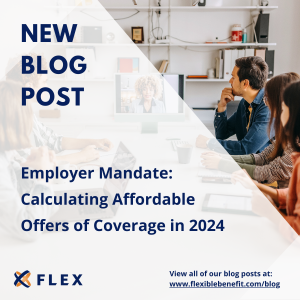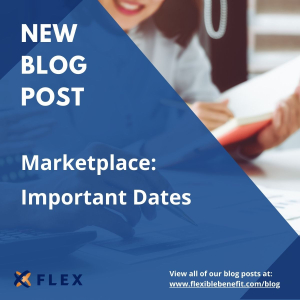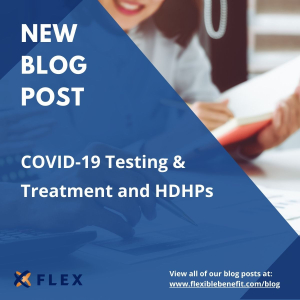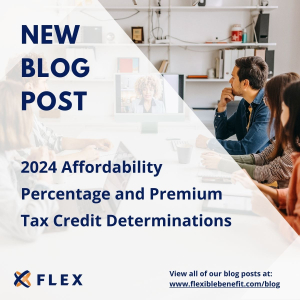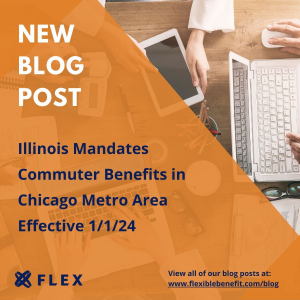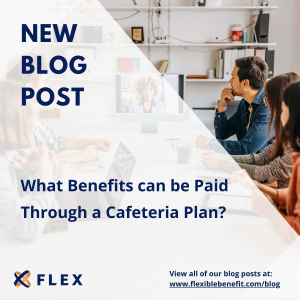Benefits Buzz
The Employer Mandate guidelines state that coverage is affordable when an employee must pay no more than 9.5% of their household income (inflation-adjusted to 8.39% for the 2024 plan year) for self-only coverage which is offered, but which employers know the household income of an employee?
It’s hard to believe that another Health Insurance Marketplace (Marketplace) open enrollment period is quickly approaching. The federally facilitated Marketplace will have an open enrollment period that starts on November 1, 2023, and it ends on January 15, 2024. During this time, individuals and families may enroll in an individual health insurance plan or make changes to existing coverage without a qualifying event.
Under guidance issued in 2020, qualified High Deductible Health Plans (HDHPs) have been permitted to cover COVID-19 testing and treatment prior to the deductible and without it impacting the eligibility for a person to make contributions to a Health Savings Account (HSA). The Internal Revenue Service (IRS) has recently indicated this temporary provision will be coming to an end.
The Internal Revenue Service (IRS) recently issued Rev. Proc. 2023-29 which includes information about the changes to the affordability percentage as it relates to the Employer Mandate for 2024.
The state of Illinois has passed a law known as the Transportation Benefits Program Act which will require some employers in the Chicago metropolitan area to offer pre-tax transportation benefits to their employees.
Cafeteria Plans allow employees to elect “qualified benefits” offered by their employer, and those qualified benefits may be paid for with pre-tax contributions by employees. Employees generally save on state income taxes, federal income taxes, and FICA taxes (i.e., Medicare and Social Security taxes). Employers also reduce their FICA taxes when a Cafeteria Plan is in place, so it is usually a win-win for all parties.
